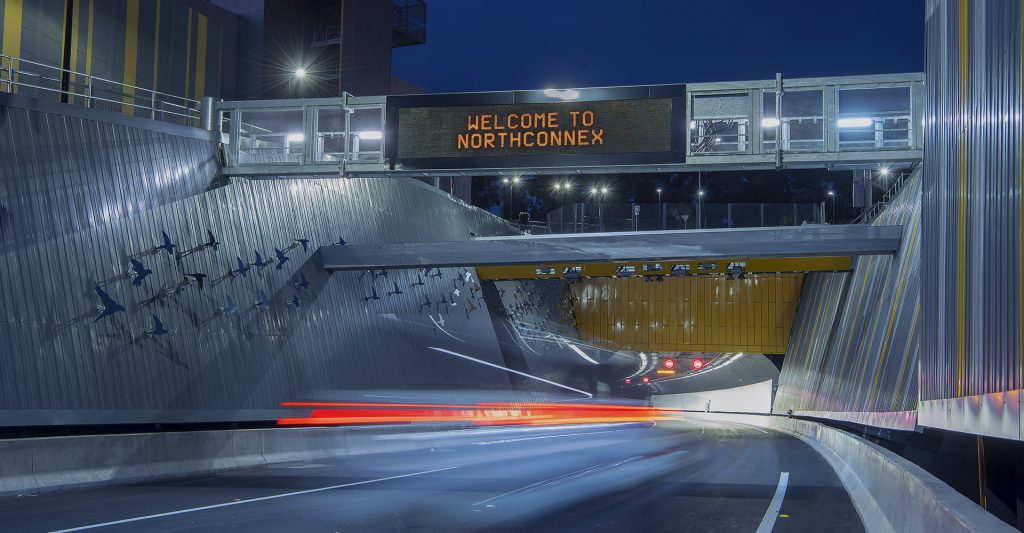New data shows that crashes are down by more than half around Pennant Hills Rd since the NorthConnex tunnel opened in NSW in October.
This data is obtained thanks to GPS chips hidden away in most cars and trucks built since 2014. These chips record and map if drivers swerve or brake hard in one of these vehicles.
Toll road operator, Transurban, has told The Daily Telegraph the technology is the future of road safety.
“This is shaping up as the ‘missing gap’ in road analytics, using accurate and real-time data to proactively identify trends and patterns before a crash happens,” Transurban head of operations, Adam Lloyd, told The Daily Telegraph.

Emily Bobis’ role in all of this is to make sense of the more than a billion “packets” of information collected every day from vehicles on Sydney roads.
She is a 26-year-old entrepreneur and co-founder of the company Compass IoT.
“When a vehicle swerves or brakes suddenly we get the data from the car manufacturer, which includes location, speed, g-force, roll, pitch and yaw of the car,” Ms Bobis told The Daily Telegraph.

“Road safety data has tended to rely on police reports from accidents where someone has been seriously injured or killed and trends take two or three years to develop.
“Our data is proactive and provides information about near-misses, not just crashes.
“In Australia, on average, we have 1000 deaths and 35,000 injuries every year, which is a lot of family, friends and loved ones we can potentially prevent from being seriously injured or dying.”
The data is supplied by vehicle manufacturers, who do not track cars constantly but instead record instances of violent changes in speed or direction.
Source: The Daily Telegraph.

